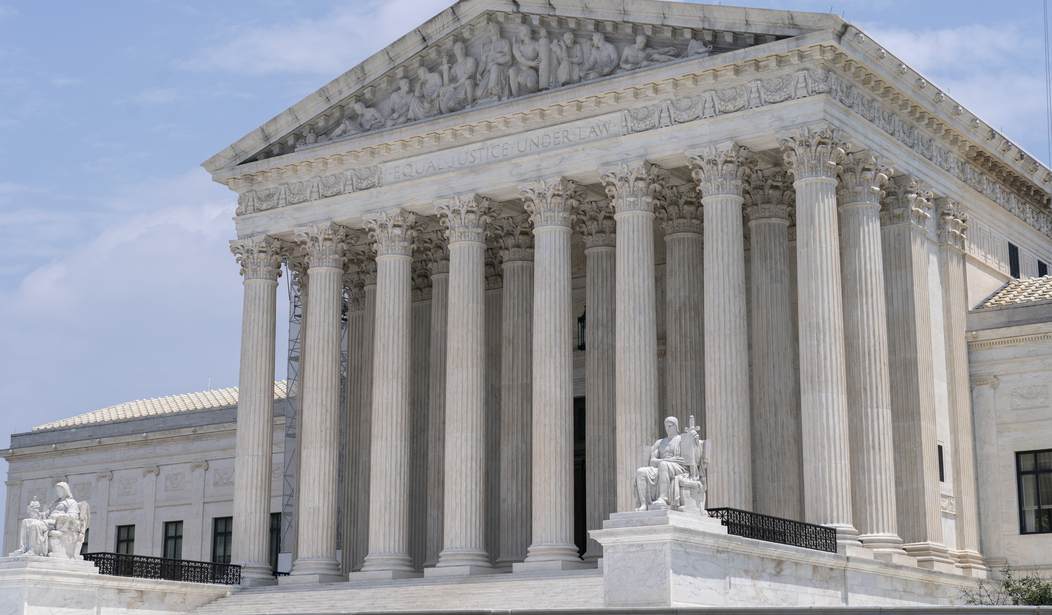When we talk about the Rahimi case, pretty much everyone on the pro-gun side wishes we had someone a bit more sympathetic. The overall picture of the plaintiff isn’t good. None of us would want him hanging out with our sons or dating our daughters, after all.
Yet he’s the one who had the standing to challenge an anti-gun law that strips people of their rights before they’ve been convicted of anything.
The question is whether that overall picture will be enough to ultimately sway the justices of the Supreme Court.
Anti-gun groups are doing whatever they can to stack the deck against the Second Amendment.
Gun control advocates are pushing an argument they hope will convince at least two conservative justices on the US Supreme Court to break ranks to keep firearms away from domestic abusers.
More than three dozen briefs filed by organizations ranging from women’s groups to prosecutors to history scholars offers a potentially narrow path to victory for gun control supporters in the case, United States v. Rahimi.
They’re trying to provide an otherwise solidly pro-gun rights conservative majority a way out of having to overturn a federal law barring gun possession by people who are subject to domestic-violence restraining orders.
…
The amici appear to be eyeing Roberts, Kavanaugh, and Barrett, according to Amy Swearer, a senior legal fellow at the conservative Heritage Foundation. They would join the court’s three liberals who are likely to side with the government.
Swearer said the three conservatives may be looking to uphold the integrity of the Second Amendment while at the same time allowing for what gun control supporters call common-sense gun laws.
She said arguments raised in the briefs could provide an off ramp for Roberts, Kavanaugh, and Barrett, who have previously written that longstanding gun regulations should still be constitutional.
This, of course, is troubling because Kavanaugh and Barrett were both touted as being pro-Second Amendment and Barrett even argued that non-violent felons should have their gun rights left intact.
Yes, domestic abusers are violent, but restraining orders are issued rather willy-nilly, particularly in divorce proceedings, and with little to go on but one party’s word. That’s not really due process, even if a judge signs the order.
That’s why the Rahimi case matters when it comes to gun rights.
As I’ve said, no one thinks Rahimi is a good person. It seems pretty clear that he’s not. But he wasn’t a felon when he bought those guns and he hadn’t been convicted of anything when the restraining order was issued.
Anti-gunners are now trying to find a way to present this as some great rule, but it’s not. My hope is that these three justices can see through the anti-gun nonsense.
Let’s also remember something about longstanding gun laws. Just because they’ve been on the books for a long time doesn’t mean it’s good law.
After all, laws against Catholics or Native Americans owning guns were longstanding at one point, as were most gun control laws intended to keep freed slaves disarmed, all because the Klan didn’t like getting shot at.
The truth is that this is still an anti-gun law and doesn’t need to remain in place, no matter how hard some people want to claim it should. What’s right is still right and our rights shouldn’t be swept away over a mere accusation.
At the end of the day, that’s what the Rahimi case is about–does an accusation warrant stripping someone of their rights, particularly without a jury of their peers? I don’t think so and neither do a lot of other people.
My hope is that enough justices agree.







